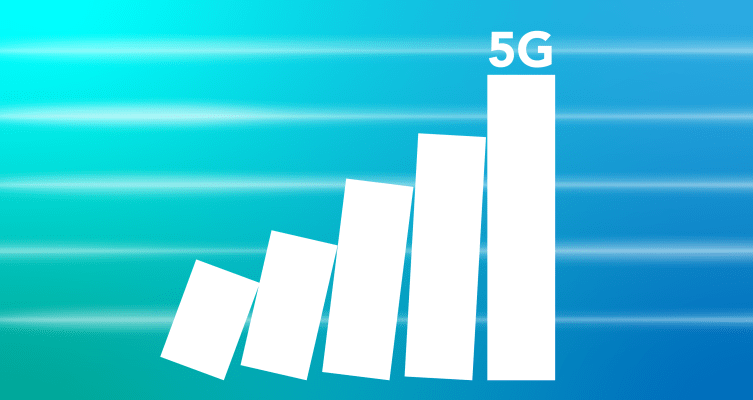
If you’re reading this the year it was written, you’re almost certainly not getting it over 5G. If you’re reading this in the future, congrats, you made it. And hey, remember polar bears?
5G is the latest buzzword to send the mobile industry into a tizzy. This one’s got a particular weight to it, too, given that smartphone sales have started flagging for the first time ever. The fact is that 5G has the power to be a truly transformational technology for smartphones and beyond — assuming we’re not all sick of talking about it by the time it gets here.
The first buds have finally begun to show. This morning, AT&T announced that it’s flipping the 5G switch this Friday. And you can take advantage of it if you live in parts of Atlanta, Charlotte, Dallas, Houston, Indianapolis, Jacksonville, Louisville, Oklahoma City, New Orleans, Raleigh, San Antonio or Waco. And if you pick up the compatible mobile hotspot.
That’s already a lot of very important caveats, but Verizon was quick to “clarify” things. The carrier (which, for the record, owns TechCrunch), sent me the following unsolicited statement from Verizon spokesperson Kevin King, upon reading our story. “Welcome to the 5G party, begun by Verizon on October 1, 2018.”
Hey, cool, dude.
Now Verizon’s sweet party guy announcement brings to mind this tweet from foul-mouthed T-Mobile CEO John Legere, “I cannot begin to explain how important 5G is going to be for this country, so I have to say congrats to Verizon on delivering its 5G* Home Service today. It doesn’t use global industry standards or cover whole blocks and will never scale… but hey, it is first, right?!”
The fact is that standards can be a tricky thing. Verizon launched something called 5G TF, not to be confused with 5G NR, more commonly accepted as the industry’s 5G standard. That’s led many to label VZW’s as something other than “true 5G.” AT&T, meanwhile, is using NR, but an early version of the spec, which will eventually be upgraded via firmware. Verizon, meanwhile, has been transitioning toward the standard.
Being first accounts for a lot in this industry, especially with the backdrop of slowing device sales. But the reality for most consumers is that ubiquitous 5G is still a ways off here in the States. And while hardware makers like OnePlus, LG and Samsung have been falling all over themselves to announce a 5G smartphone or two, many consumers who shell out that extra premium are going to be spending a fair amount of time on LTE.
Be the first to comment